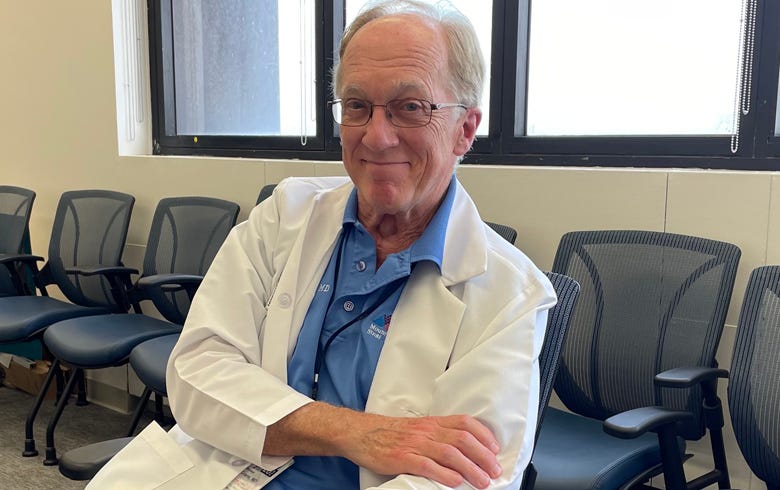
NEW YORK (WCBS 880) — Throughout the summer, WCBS Newsradio 880 is presenting a series of reports looking ahead to the 20th anniversary of the 9/11 attacks. Our series, "Rising from the Ashes," tells stories that inspire and teach; stories that honor the sacrifices of that day and how that work continues to impact the lives of others 20 years later.
The 9/11 attacks created a second group of victims — those who worked at Ground Zero or just lived or worked in the area and developed serious illness.
The World Trade Center Health Program and its clinical centers were developed to diagnose and treat those patients.
In this week's installment, WCBS 880's reporter Peter Haskell visited the original center at Mount Sinai Hospital where he spoke with medical director Dr. Michael Crane.
Twenty years since the attacks, the health program is now looking at itself in the mirror.
"What can we do? What have we done? How can we do it better? How do we set it up going forward so we meet, very well, the chronic diseases that might come with aging?" Crane said.
Medical professionals are not just looking back, but peering forward.
"The program goes on and tries to now also get in the cancer prevention business for lung cancer screening, colon cancer screening, breast cancer screening for the female patients," Crane said.
The World Trade Center Health Program has seen more than 100,000 patients including 20,000 with cancer. Hundreds are still coming in every month and first responders make up almost 75% of the group.
"It was like standing over an incinerator with a really, really toxic blend of stuff, plastics and metals and everything else that was in those towers on fire and coming up into your face," Crane said.
But the illnesses aren't just physical.
"The mental health consequences of the World Trade Center attack were enormous," Crane said.
Most common is PTSD, post traumatic stress disorder.
"Patients who are having the nightmares and having the fears and feeling depressed and feeling lost and feeling as though somehow they did something wrong," Crane said. "It's very, very difficult for patients to have a condition like that."
While 4,300 people have died from 9/11-related illnesses, Crane said the program is doing all it can.
"I think it has saved lives. I think it has, more than that, it has brought peace of mind," Crane said.


